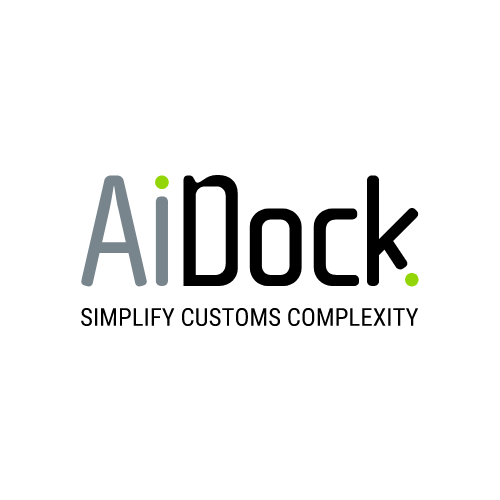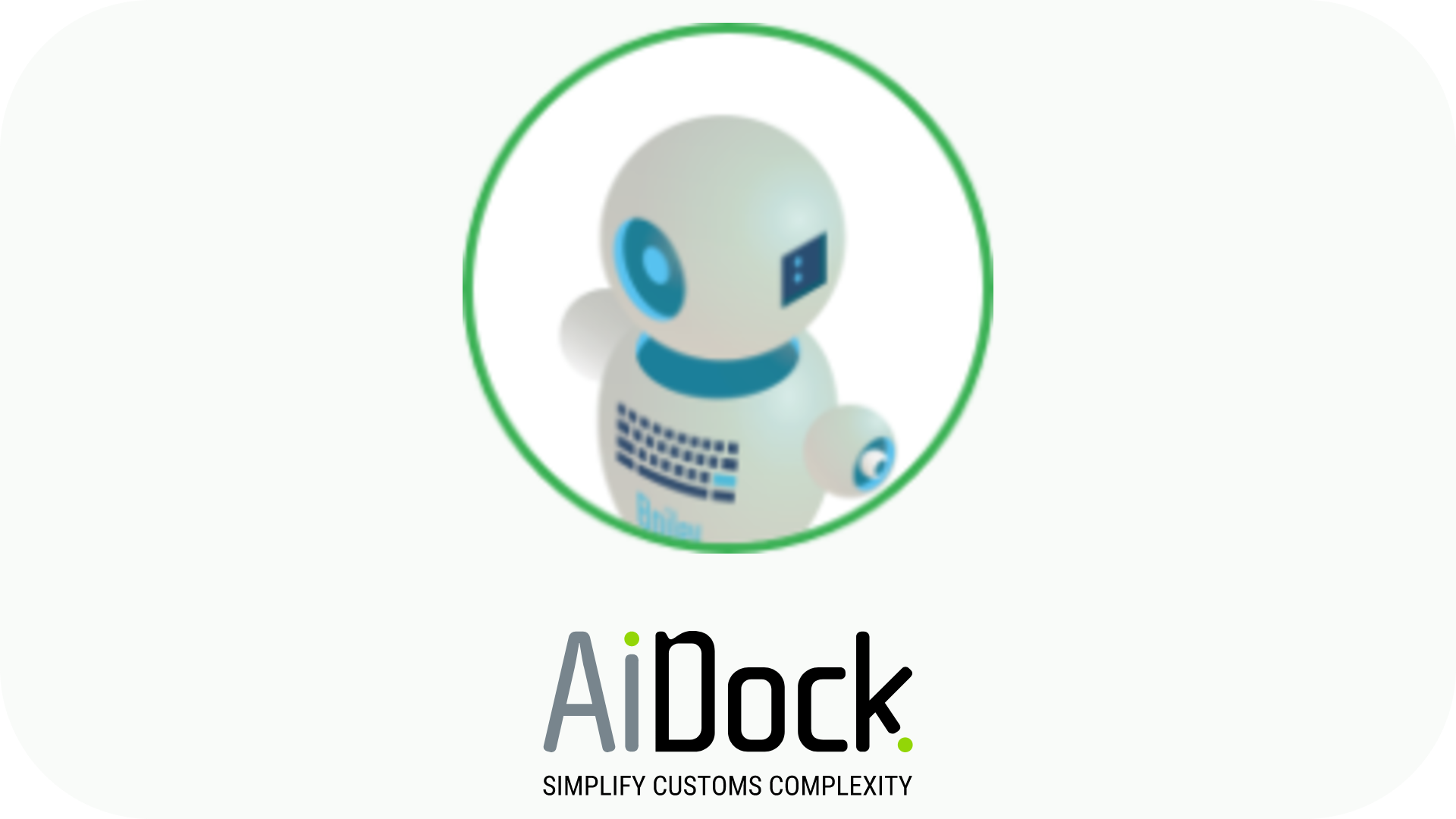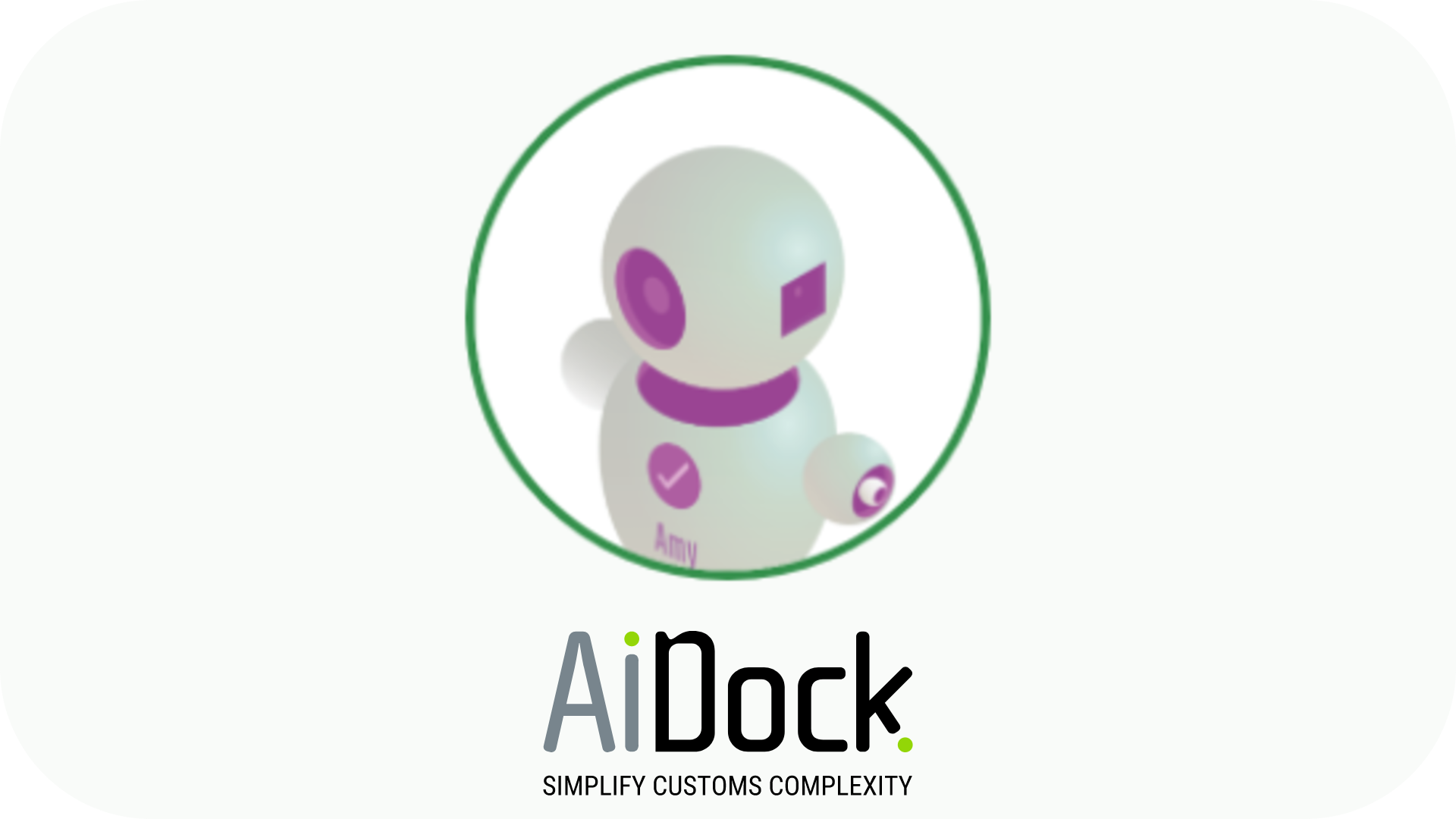Artificial Intelligence (AI) is redefining customs operations worldwide.
Unraveling the Complex Web of Trade Data
The volume of data generated by global trade activities is staggering, encompassing everything from transaction details and shipping information to regulatory compliance documents. For customs authorities, the challenge has traditionally been not just collecting this data but also interpreting it efficiently and accurately to make informed decisions. AI, with its unparalleled data processing capabilities, has emerged as the key to unlocking the potential of this vast information reservoir.
AI: The Catalyst for Data-Driven Customs Operations
AI technologies, particularly machine learning and natural language processing, are adept at analyzing large datasets to identify patterns, trends, and anomalies. In customs operations, this capability translates into numerous practical applications:
- Risk Management: AI algorithms can sift through mountains of import and export data to pinpoint high-risk shipments based on historical patterns of fraud or non-compliance. This targeted approach allows customs officials to allocate their resources more effectively, enhancing the overall security of international trade.
- Trade Facilitation: By automating trade data analysis, AI can significantly expedite the customs clearance process. This means reduced wait times and lower costs for traders, contributing to a more dynamic and competitive global trade environment.
- Compliance Verification: AI can assist customs authorities in ensuring that trade practices adhere to international laws and regulations. By analyzing transaction data, AI systems can detect discrepancies that may indicate evasion of tariffs or misclassification of goods, promoting a fairer and more transparent trade system.
Transforming Data into Dialogue: The Role of AI
AI does more than process data; it transforms data into a meaningful dialogue between traders and customs authorities. Through advanced analytics, AI facilitates a two-way exchange of information that can preempt compliance issues, streamline procedures, and foster a collaborative approach to international trade. This dialogic function of AI, powered by data, is central to creating a more efficient and responsive customs environment.
The Future of Trade: AI-Enabled Customs Operations
As AI technology continues to evolve, its potential to further revolutionize customs and trade processes seems limitless. We are on the cusp of a future where AI-powered systems could predict global trade trends, automate virtually all aspects of customs clearance, and even negotiate trade agreements. This future promises greater efficiency and security and the potential for a more equitable global trade system where data is the foundation for cooperation and growth.
FAQ
How does AI improve risk management in customs operations?
AI enhances risk management by analyzing vast amounts of trade data to identify shipment patterns, anomalies, and potential risks. Machine learning algorithms can detect high-risk consignments based on historical instances of non-compliance or fraud, enabling customs authorities to focus their inspection efforts more effectively. This targeted approach increases the security of international trade and streamlines the customs clearance process for low-risk shipments.
In what ways does AI facilitate trade and compliance verification?
AI facilitates trade by automating the analysis and processing of trade data, significantly speeding up customs clearance times. This automation reduces manual entry errors and wait times, lowering costs for traders and enhancing the competitiveness of the global trade environment. AI systems analyze transaction data for compliance verification to detect discrepancies that may indicate tariff evasion or misclassification of goods, ensuring adherence to international trade regulations and promoting a fair trade system.
What future developments can we expect in AI-enabled customs operations?
The future of AI in customs operations will likely see even more advanced predictive analytics, capable of forecasting global trade trends and automating nearly all aspects of customs clearance. AI could also play a role in negotiating and managing trade agreements, using data-driven insights to optimize trade flows and economic outcomes. Additionally, we may see increased collaboration between customs authorities worldwide, sharing AI-generated insights to improve global trade security and efficiency. As AI technology evolves, its applications in customs and trade are expected to expand, further transforming the landscape of international commerce.
AiDock
Let Us Improve Your Customs
Our AI technology can assist with automating import and export paperwork-related tasks. This can significantly reduce the workload and improve results for courier companies, freight forwarders, postal services, and customs authorities. By utilizing advanced machine learning algorithms, AiDock’s AI assistants are capable of labeling documents, extracting information from them, providing accurate HS codes, and streamlining the customs clearance process.




